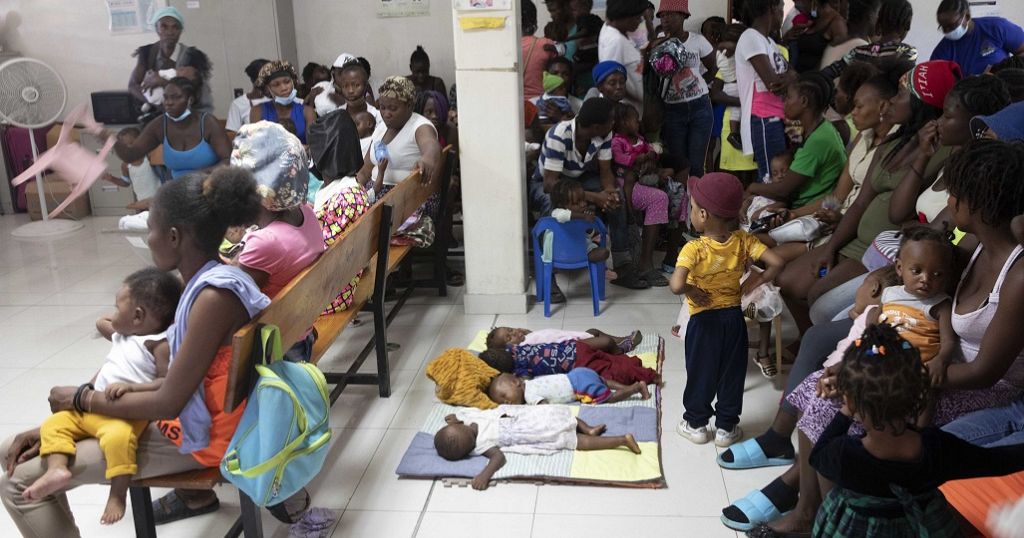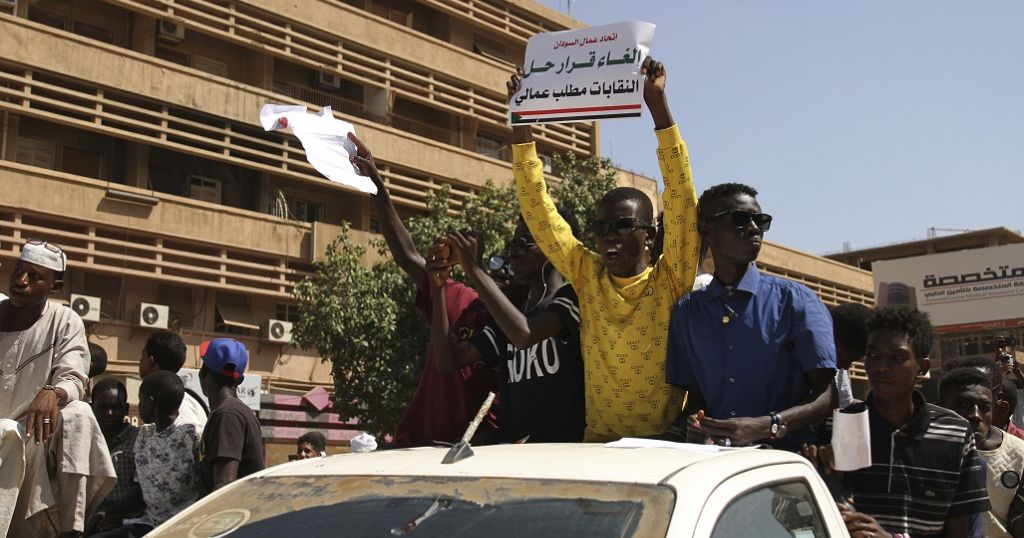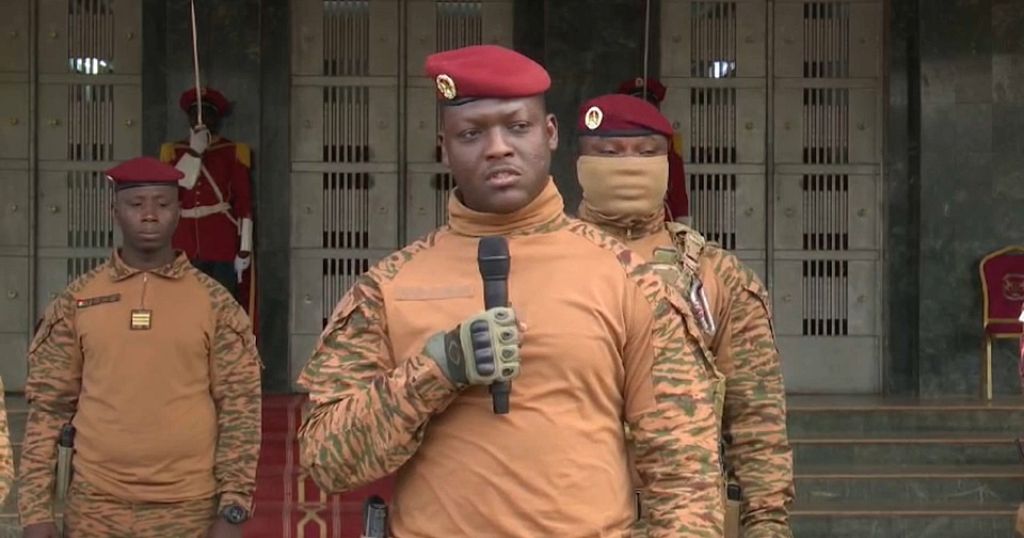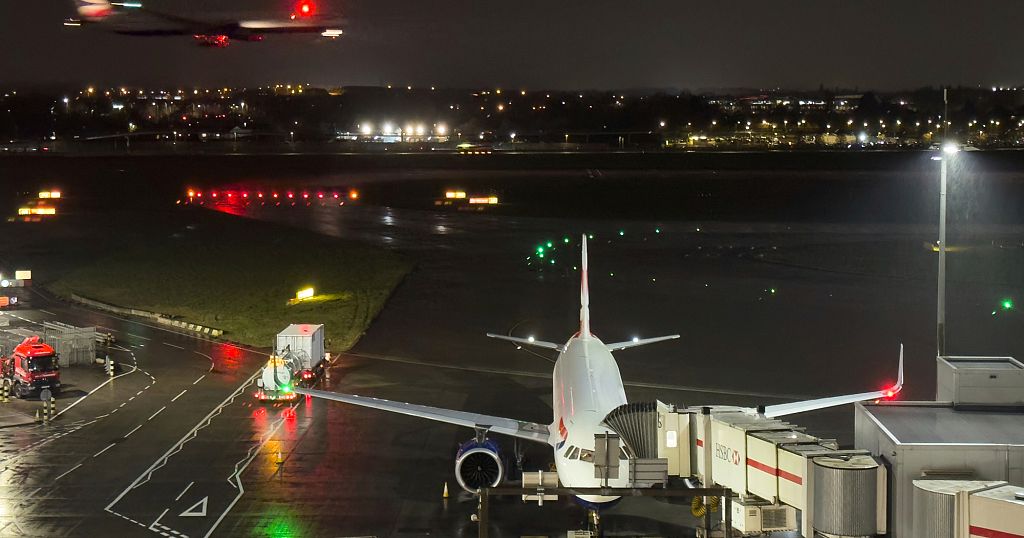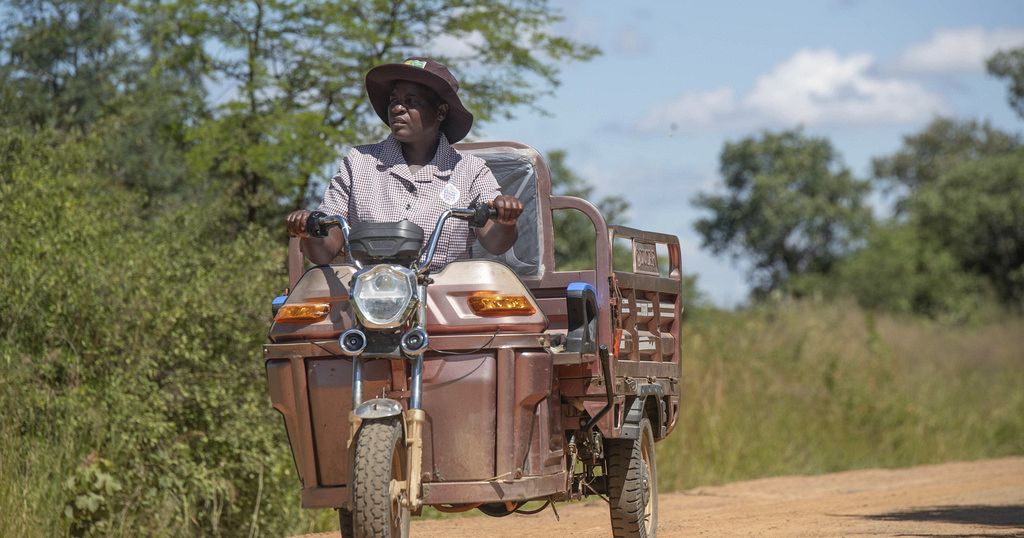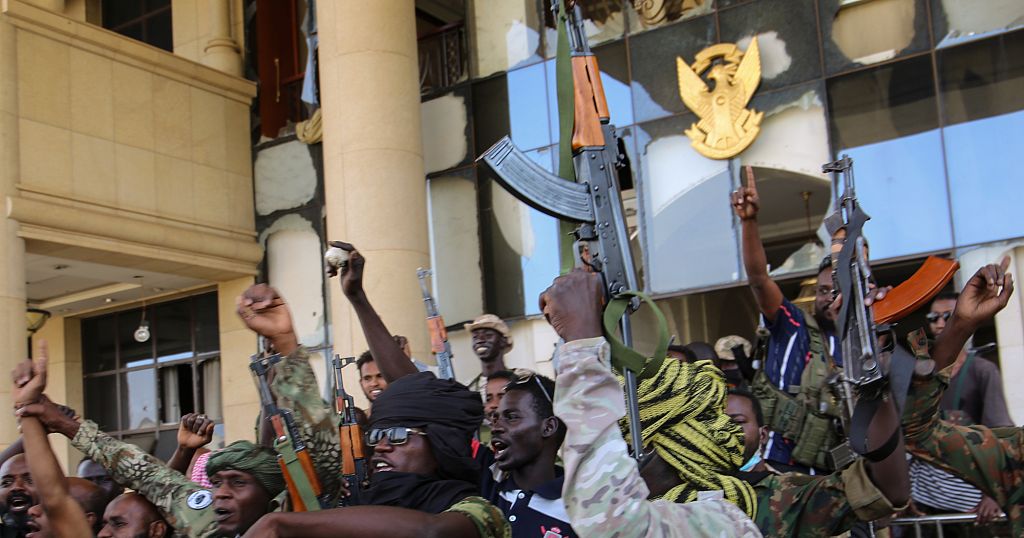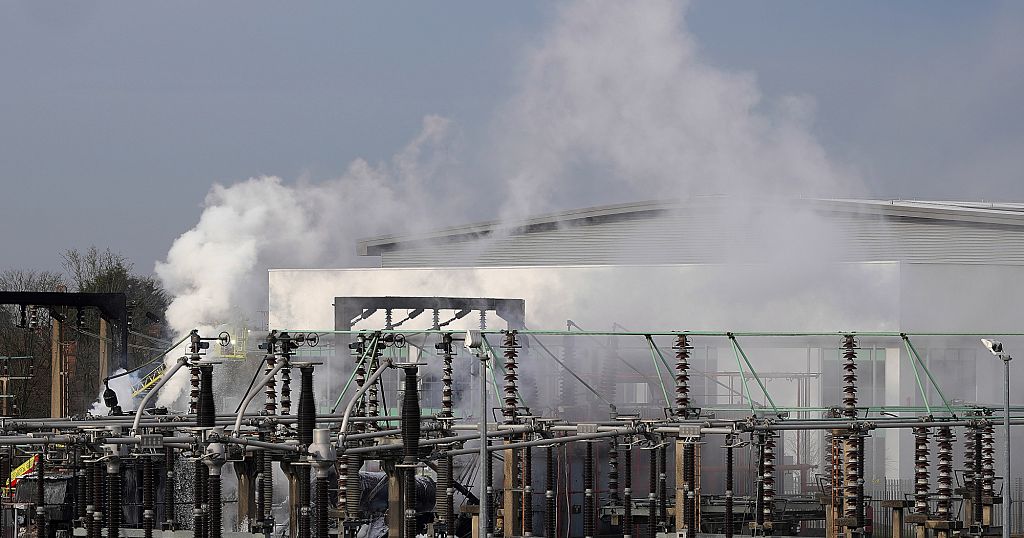Security crisis in Haiti limits access to maternal healthcare
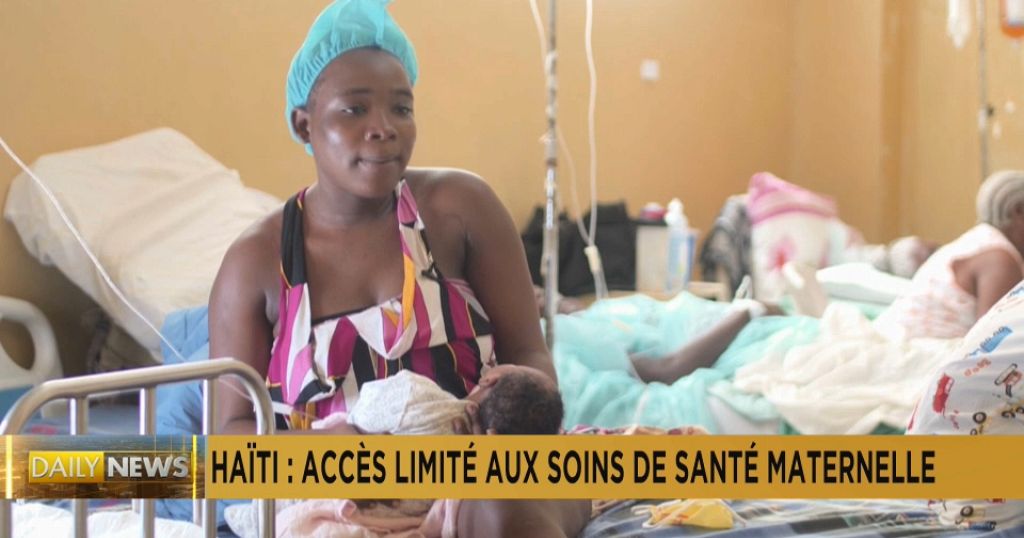
Since the beginning of the year, the capital of Haiti, Port-au-Prince, has been in the grips of widespread gang violence.
Urban areas have been turned into battlegrounds and the United Nations estimates that over half a million people have been internally displaced across the country.
Giving birth was already risky before the current escalation in violence. Haiti has the highest maternal mortality rate in the western hemisphere.
A staggering 950 women die every year from complications during pregnancy, childbirth and its aftermath. Today, limited access to maternal healthcare is making childbirth even more dangerous.
Many hospitals are no longer functioning, there is a shortage of medicine, and around 40 per cent of Haiti’s medical personnel have left the country.
Access to basic health services is very limited, including prenatal care, reproductive healthcare, and mental health services.
Internally displaced mother, Jolanda Dimanche, says she was lucky to find help at a hospital in the capital.
“This is my first child. He is two days old. I went into the delivery room at 6am. The doctor did everything possible to help me,” she says.
While the birth did not go as planned, she was able to have a caesarean section and her baby was born healthy.
The violence has also resulted in a surge in hunger which poses devastating threats to pregnant and breastfeeding women and their children.
Around five million people – about half of the population – are facing acute hunger.
Mariline Azard, an internally displaced mother, says the situation is extremely stressful and finding enough to eat is difficult.
“But we’re holding on. I am six months pregnant and needed to go to the hospital. Fortunately, we were given medicine there. This support is crucial for our health.”
The United Nations Population Fund, UNFPA, together with partners is reaching communities with critical reproductive health services and aid.
Essential supplies and equipment for emergency obstetric care and the clinical management of rape have been delivered to health facilities and hospitals that remain open in Port-au-Prince, as well as in other parts of the country.
Mobile health teams continue to travel to displacement sites to provide reproductive health services to women and girls, and to distribute basic hygiene items and supplies for newborns.
Despite soaring needs, UNFPA’s $28 million appeal is only 19 per cent funded. It says increased, immediate and flexible funding and sustained, unimpeded humanitarian access to all areas of the country, is urgently required.
Source: Africanews



